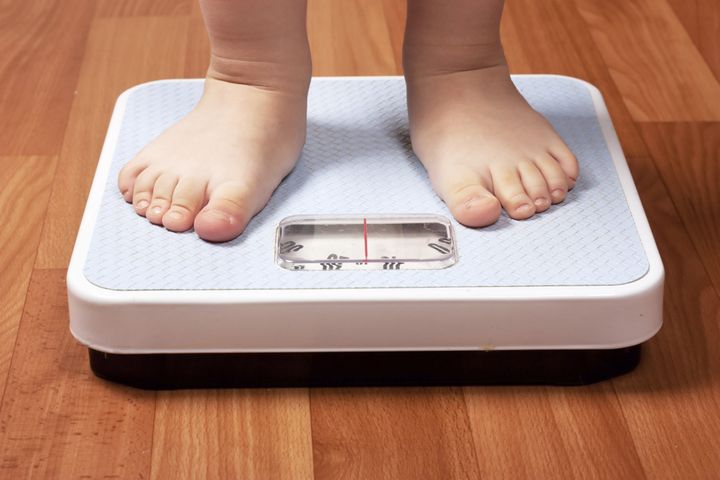
You’re mom. Or dad. Or grandpa.
You lovingly pack a lunch for your little one to enjoy with his or friends at school. It’s a sandwich, an applesauce, a container of raisins, a piece of fruit, and some crunchy veggie sticks. This looks like a good meal. For some extra fun, you throw in a brownie.
Your child gets off the school bus looking a little bit sad.
“Mrs. Johnson said I couldn’t have the brownie. She said it’s unhealthy. And unhealthy food will make me sick. Will a brownie make me sick? Why did you send it?”

So what’s the deal here?
Some schools have policies regarding which foods can be eaten, and when. Some teachers will use this as an opportunity to educate children on how different foods will affect them.
But here is the issue: nutrition education for children isn’t usually appropriate. 99% of time it’s not. 99.9% of the time.
Why? Because nutrition is nuanced. It’s full of balance and moderation. Nutrition has a lot to do with culture and family dynamic, financial concerns and personal history. Appropriate nutrition is based on personal biology and health status.
Appropriate nutrition education for children must always be positive. Children think in black and white, and when they hear “Brownies are unhealthy.” They think…
The brownie is unhealthy –> Unhealthy is bad –> I’m bad if I eat something unhealthy –> mommy is bad for packing it for me
When children learn that something is unhealthy, there isn’t much they can do with that information. They are not often making their own food choices – selecting meals, purchasing groceries, or doing meaningful meal preparation. So learning that something is unhealthy has no outlet – it fuels a guilt-centric relationship with food. They are provided with something “unhealthy” and they have no other options.

And what does “unhealthy” mean anyway?
Cake could be seen as unhealthy, but enjoying a slice of cake at a birthday celebration, a holiday event, or a wedding is both socially and medically acceptable.
This is the very type of nuance that children are not mature enough to process – the type of information that we should not rely on our teachers to teach. They neither have formal nutrition education nor deep experience concerning the child psychology of food.
When you, as the caretaker, prepare meals and snacks for your child, you put a lot of thought into it. Whether the snack is a Pinteresty pretzel-snail or a bag of chips, you thought about what your child liked, the overall balance of the day/week, possible social implications that may impact your child at the cafeteria, how easy the food is to access.
You also considered your budget, your ability to get to the store, and any cultural factors that help determine your food choices.
The food that you send with your child is food that you find acceptable for your child to consume. The school does not have the right to override those decisions.
Your child may encounter nutrition information away from the cafeteria as well.
If Sally weighs 80lbs and Jimmy weighs 85lbs, how much do they weigh together?
If an apple is 300 calories and a pack of crackers is 200 calories, how many calories are in the snack?

These types of questions bring focus to the child’s weight and to the nutritional breakdown of their food (again, rife with nuance and not appropriate for educational purposes). Schools need to make the conscious effort to eliminate weight-focused, body-focused, and food/nutrition-focused questions in these areas of study.
Many teachers also regularly use food as a reward for correct answers or positive behavior. The Institute of Medicine’s Nutrition Standards for Foods in Schools determined that using food as a reward in schools is inappropriate because it creates an emotional connection between foods and accomplishments (Institute of Medicine, 2007). Using food as a reward promotes a preference for sweets, teaches children to eat even when they are not hungry or in the mood, and may be against the family’s wishes.
If you feel that your school is overstepping, if a teacher is commenting on foods provided – the food, the portion size, or how much the child is consuming – if your child is overhearing conversations about dieting and weight loss, even private conversations between faculty that is happening where children can hear, or if your school persistently uses food as a reward, please click the link below. This is a free printable written by myself, Yaffi Lvova, RDN, and Dina Cohen, MS, CEDRD-S, that you can deliver to your administrator.
Our children deserve to be kids.
Download the printable, signed and ready to share PDF here! Click me!

Recent Comments